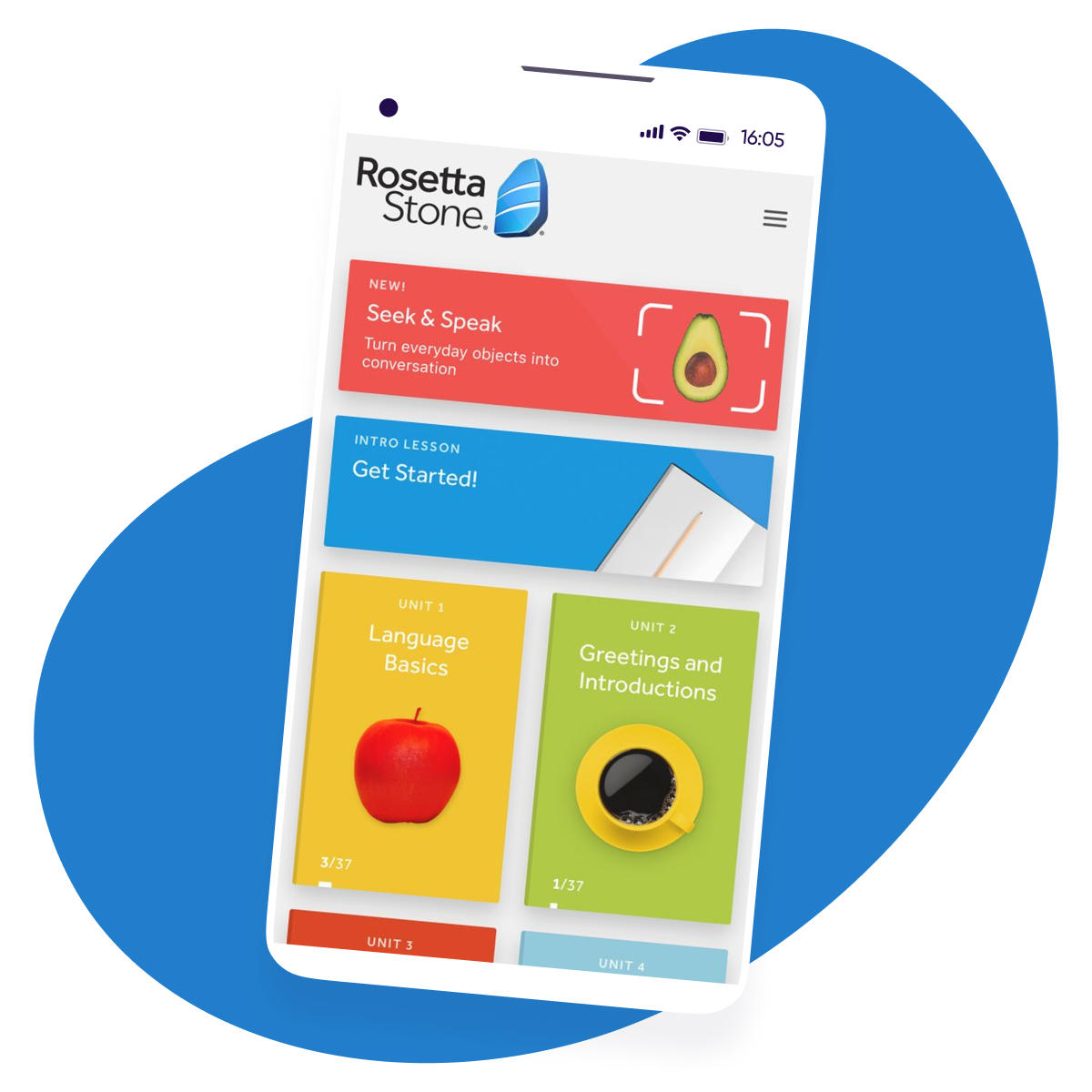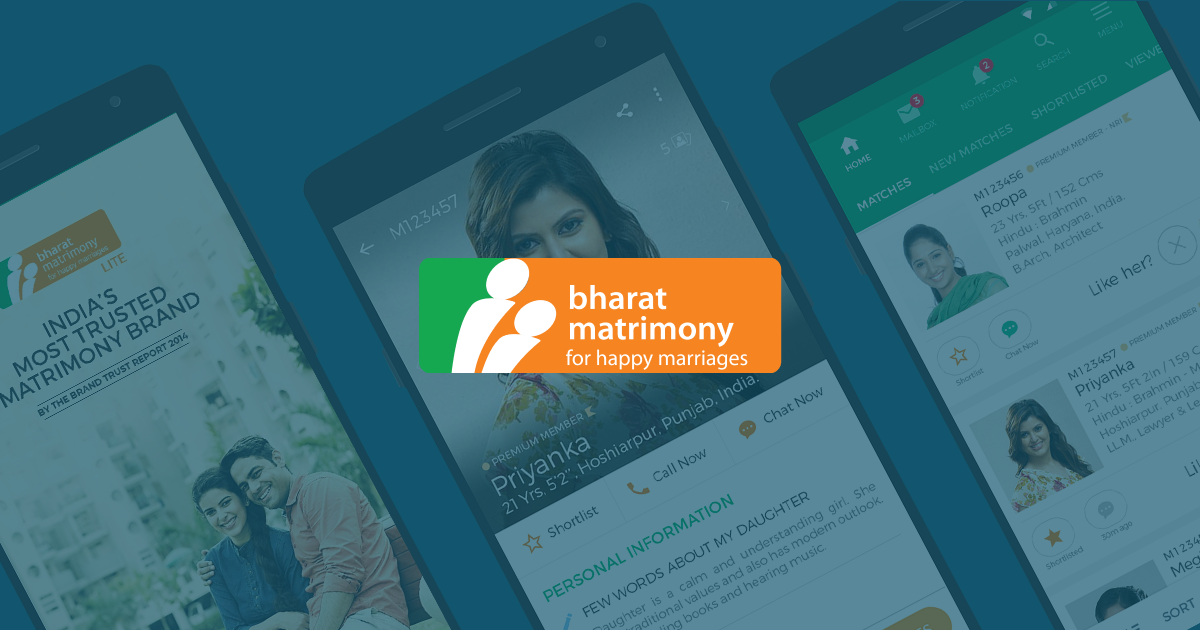
Boosting Apple Search Ads performance with AppsFlyer

10%
Increase in LTV19%
Increase in revenue18%
Decrease in CPIBackground
Founded in 1992, Rosetta Stone is dedicated to changing people’s lives through the power of language and literacy education.
The company’s innovative digital solutions drive positive learning outcomes for the inspired learner at home or in schools and workplaces around the world. From their beginnings as the CD Rom that was ubiquitous on family computers around the world, Rosetta Stone’s language division has grown to become a fully cloud-based solution to help millions of users “speak for themselves in one of 24+ languages.”
Rosetta Stone continues to focus on being truly mobile-first, heavily investing in evolving their product offerings – including 1:1 tutoring options and live lessons – in order to offer the most effective mobile language learning solution on the market.
Challenge
Apple Search Ads has been one of Rosetta Stone’s most long standing and productive user acquisition channels for their mobile app. Despite this success, the UA team was not able to leverage the full effectiveness of Apple Search Ads when it came to remarketing dormant users.
Learning a language is a long-term endeavor. People often stop and then pick up their education at a later date.
Since Rosetta Stone’s mobile app has been available for nearly a decade, it was likely that many users downloaded the app in the past but had not engaged with it in years. This included both users who still had the app downloaded on their phone, and those who had at some point downloaded the app but have since deleted it – a large audience of potentially high-quality users.
Apple Search Ads offered the ability to remarket to these types of users, but Rosetta Stone wanted a way to do so with a more customizable configuration that fit their use case with granular data reporting and visualization built in.
Rosetta Stone realized they could specifically benefit from the ability to set a custom acquisition window, and to be able to split out re-engagement versus re-attribution – those users who still had the app installed but were not actively using it versus those users who once used the app but had since completely deleted it.
In addition, around this time, Rosetta Stone released “unlimited languages” which made all Rosetta Stone languages available to every subscribing user, no longer limiting users to a single subscribed language. This meant there was a powerful new value proposition for users who were only familiar with the single-language offering, making reacquisition of dormant users an even higher priority for the team.
Solution
AppsFlyer’s custom reacquisition windows made it possible for the Rosetta Stone team to effectively define and separate new users from existing users for effective remarketing.
Separating re-engaged users from re-attributed users gave the team an even more detailed look at the results of their reacquisition campaigns.
With custom new user and returning user dashboards built right into the product, the UA team could easily toggle between the two to understand and compare performance. Given that the subscription length was set for 12 months, that was the perfect value to set for their reacquisition window. This way the team could retarget those users they knew had not used the product for at least a year with messaging to try their new unlimited languages offering.
Results
Their bet that dormant users could convert back into high value active users was spot on.
Remarketing to dormant users via Apple Search Ads with AppsFlyer led to a 39% higher ROI than comparable new users. This lowered the overall cost per install (CPI) on Apple Search Ads by 18% month over month, while contributing to an overall Apple Search Ads revenue increase of 19% and an average customer LTV increase of 10% from Apple Search Ads.
Caitlin Romig, Director of Consumer Marketing, confirmed AppsFlyer’s part in their success stating:
“AppsFlyer’s custom reacquisition windows and re-engagement dashboards helped us make Apple Search Ads one of our highest performing channels for both new user acquisition and returning user re-engagement.”
Looking forward
How many shipwrecks did a lighthouse prevent? This analogy reflects how Rosetta Stone’s UA team views the importance of incrementality, especially when it comes to Apple Search Ads.
The team is already successfully working with web incrementality and is now shifting their incrementality focus to mobile.
They don’t have full insight into whether an app install or a subscription may have occurred whether a paid ad was served or not, as many app users they paid to target may have done so organically. They plan to work with their incrementality vendor to integrate with AppsFlyer’s audience segmentation solution, in hopes of standardizing control groups to conduct incrementality tests that could further refine their acquisition strategy.
 Looking for an MMP? Get your free assessment template today
Looking for an MMP? Get your free assessment template today


